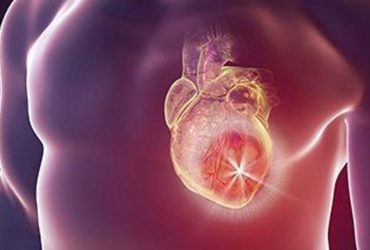Rare genetic variants occur more frequently in severe, extremely treatment-resistant schizophrenia versus typical schizophrenia
Genetic correlations between schizophrenia and CVD close to zero, but schizophrenia liability may increase heart failure risk
Patients with schizophrenia, mood disorders, anxiety disorders have increased odds of COVID-19 mortality
Large effect sizes seen for Beck Depression Inventory, Recovery Assessment Scale, Rosenberg Self-Esteem Scale
Relationship between environmental and genetic influences on mental health may be interrelated
Benefits seen for family interventions, family psychoeducation, and cognitive behavioral therapy
Women with schizophrenia also experience higher rates of delivery complications and neonatal complications versus women without mental disorders
Risk higher despite lower infection risk and regardless of sociodemographic and medical factors
More authoritarian, more socially restrictive, less benevolent attitudes seen when patients are referred to as 'schizophrenic'
Polygenic risk scores did not improve performance of predictive models relative to clinical features obtained from standard psychiatric interview











